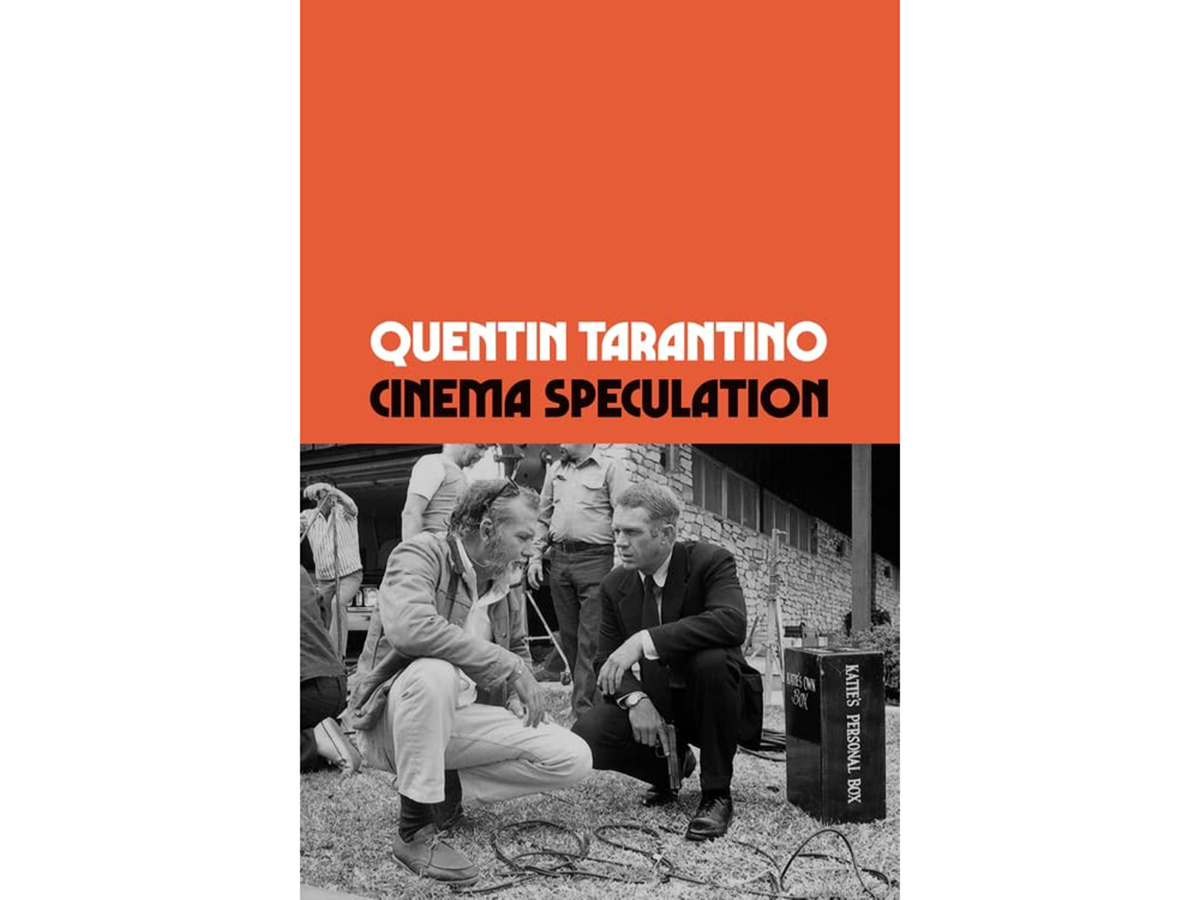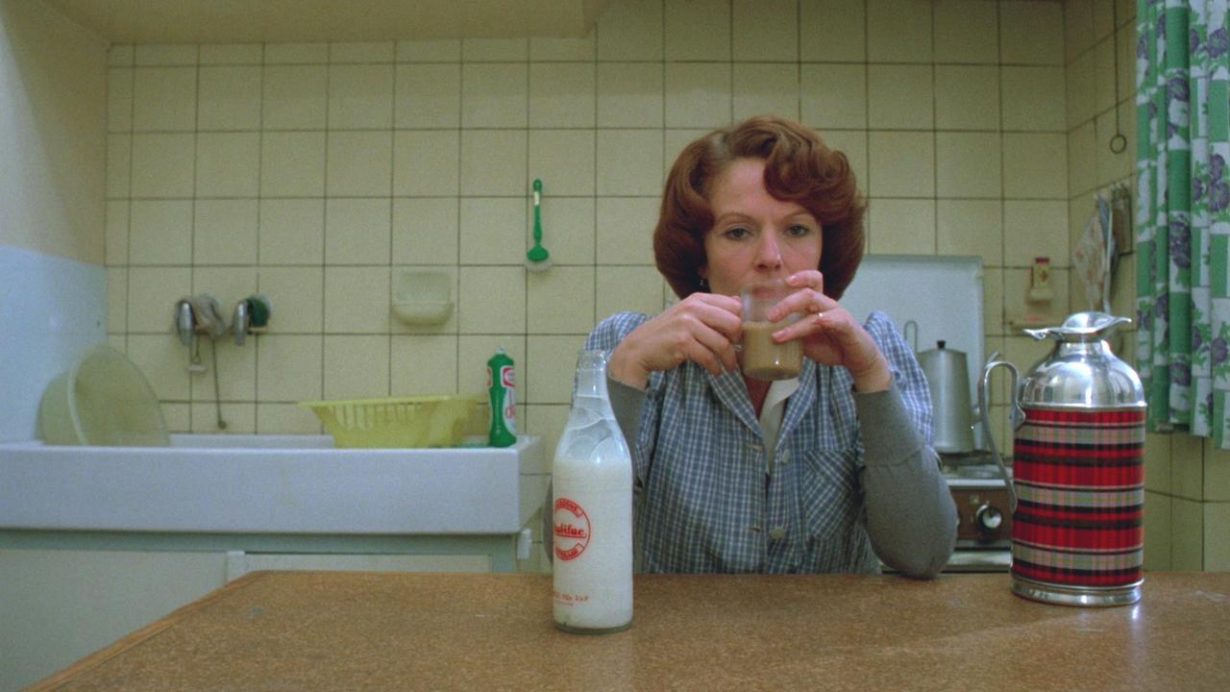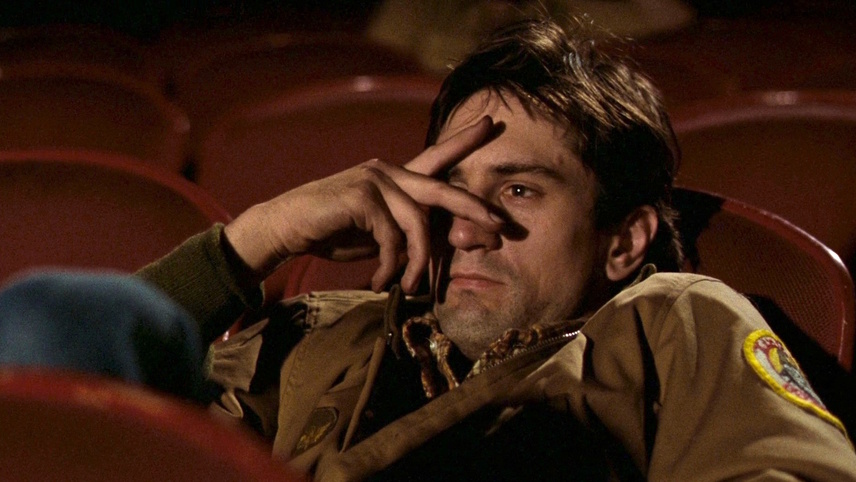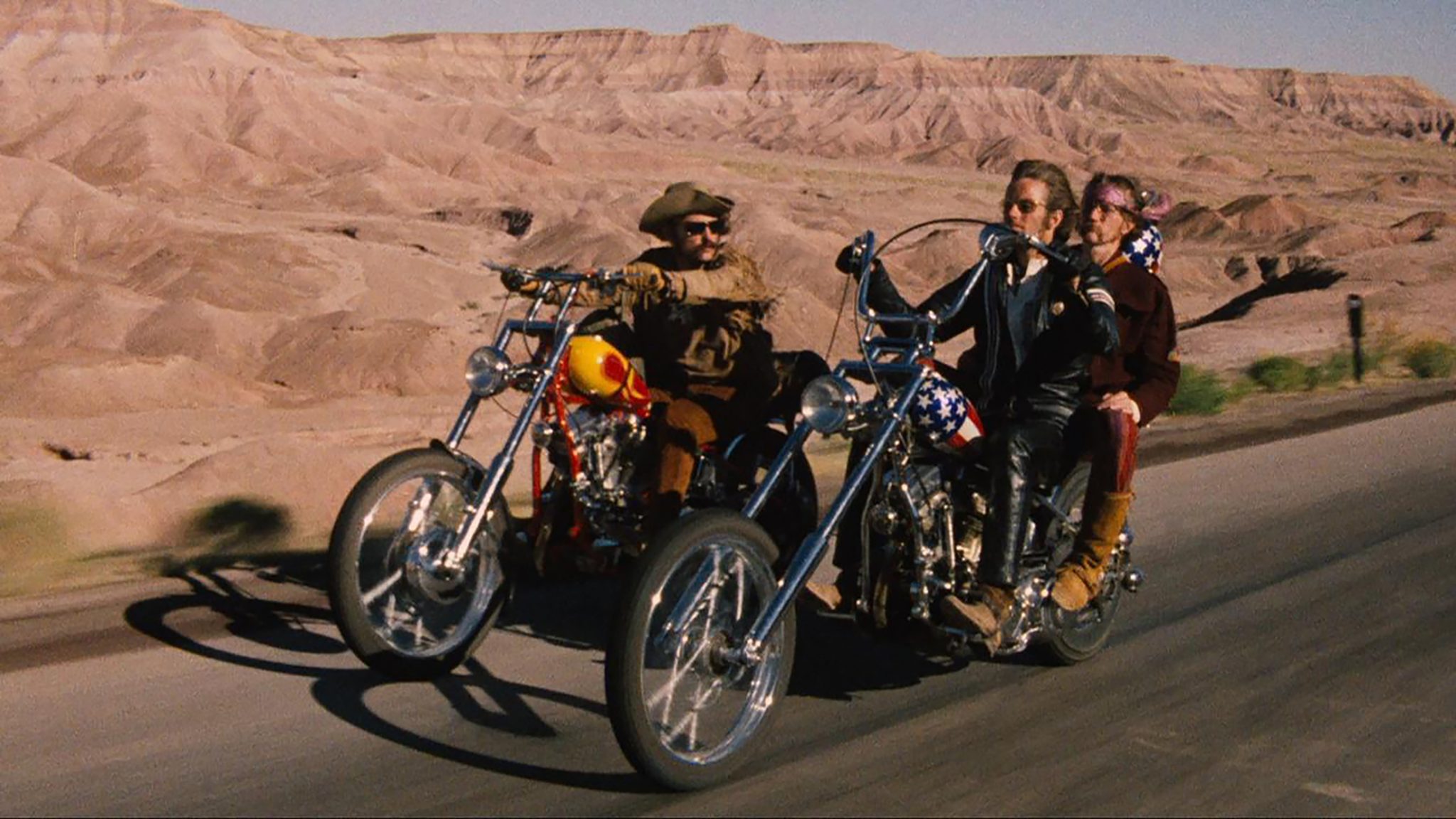Whether he realises it or not, the director’s pivot to film criticism reflects the state of mainstream cinema today
In a 2021 interview with Jimmy Kimmel, the American filmmaker Quentin Tarantino, once a video rental store employee, was quizzed on a series of obscure movies from the 1980s. The blurbs of VHS tapes are read to a blindfolded Tarantino who stumbles through incorrect guesses of the films’ titles. It’s the finer details, though, where he excels. “That movie stars a guy named Grant Cramer”, he says for the first, or “Chris Makepeace is in it as well”, he adds for another. “Rottweilers, the Earl Owensby film” he guesses, for what turns out to be 1982’s Dogs of Hell – but a quick glance at the back proves that Tarantino was correct, naming the film’s original title.
So Tarantino knows his movies. His pivot to film criticism with his new book Cinema Speculation (2022) is unsurprising, a logical next step for a vocal cinephile looking for further avenues to demonstrate his expertise and emulate his French New Wave idols (Jean-Luc Godard and François Truffaut, whose work Tarantino has paid homage to several times, began their careers as film critics for the seminal magazine Cahiers du Cinéma). There is a coherence to Tarantino as a figure, a rationale laid out by every fast-talking, blood-spattered, high-octane step in his filmmaking career so far; his artistic output no longer shocks nor scandalises. It is hard to imagine before opening his book that it will miraculously break new ground.

Each chapter focuses on a particular film (with many others referenced around it) from the cinema of Tarantino’s youth: the New Hollywood era of the late 1960s to the early 1980s. There are moments of personal reflection, acknowledgements of his own coming-of-age with and without cinema, and recollections of one of American cinema’s most exciting creative periods. This was the time of Bonnie and Clyde (1967), Easy Rider (1969) and The Graduate (1967), films that garnered iconic status for their timely portraits of disaffected, rebellious youth living through political tumult.
It’s a seductive picture of this era of American cinema; almost every film he saw in the movie theatres of California was shown as a part of a double bill, now unheard of for new releases. The variety of films made, the opportunities for young filmmakers to transform the medium, and the energy and excitement of audiences all feel now, to some degree, like relics. As a historical work, Cinema Speculation offers something not necessarily comprehensive, but vibrant and emotive. In line with the traditions of Cahiers, which reportedly assigned films to writers based on who was most ‘enthusiastic’ about them, enthusiasm is Tarantino’s modus operandi when discussing his chosen films. But in doing so, he unwittingly leans into a tiresome trend within contemporary criticism which favours sentiment over thorough analysis, hyperbole over considered thinking.
While objectivity is not necessarily conducive to good criticism, Tarantino smothers the book with obsessive detail and trivia, and is uninterested in a deeper interrogation of the politics or aesthetics of these works: his persistent focus on Steve McQueen and Clint Eastwood as paragons of the era, while perhaps true, is neither insightful nor previously undocumented; his fixation with an unwaveringly white, male filmmaking canon is a redundant attempt to contribute any new ideas to existing scholarship. Many critics and outlets have meanwhile attempted to reappraise the work of women directors, as evidenced most recently by the Sight & Sound critics’ poll which this month named Chantal Akerman’s masterpiece Jeanne Dielman, 23 Quai du Commerce, 1080 Bruxelles (1975) the ‘greatest film of all time’. The average reader may not be so well-acquainted with the careers of Francis Ford Coppola or Martin Scorsese, but for the cinephile (like Tarantino himself), there’s a critical layer of insight, and a wealth of films, left untouched.

It’s frustrating, because Tarantino understands the problem with restrictive cinema. Promoting his book on Tom Segura’s 2 Bears, 1 Cave podcast, the director expressed his frustration with the ‘Marvel-isation of Hollywood’, the homogeneity of studio production and the eagerness with which fans accept it. “It’s just the fact that they are the entire representation of this era of movies right now. There’s not really much room for anything else”, he said. It is a fair assessment of the current state of mainstream cinema today, but in Cinema Speculation, there’s not much room for anything else either – other than an established set of male film heroes. There are several references to Blaxploitation films early on in the book, clearly a formative era for Tarantino, but not one of these is given a dedicated chapter and as such, his nods to the genre begin to feel like a fetishisation of Black culture (a criticism levied at his filmmaking, too).
His attempts at critique in the book are dampened by both his admiration for these stars and his insistent, arrogant belief that he could have made their movies better than they did. The ‘speculation’ angle of the text allows Tarantino exasperating space to go long on plot details and casting decisions he would’ve changed in Scorsese’s Taxi Driver (1976)or Paul Schrader’s Hardcore (1979), to explain which order Brian De Palma should have directed his movies in. It’s ultimately a tedious perpetuation of a macho movie-watching culture that has been exacerbated in recent years by the very “Marvel-isation” of movies that Tarantino rebels against.

A kind of weaponised fandom, of both specific genres and cinema more widely, is at the core of this issue. Tarantino is belligerent about his view of cinema, no doubt influenced by his own eminence and rose-tinted nostalgia. In the case of franchise superhero films, equally belligerent fans are rewarded for their ‘critique’ through ‘fan service’, as greedy studios churn out cookie-cutter films; studios pander to consumers, consumers pay them back at the box office and then using their own social media platforms or forums to promote the work – and so we’ve arrived at a media landscape in which the figure of the critic has seemingly little value. Perhaps in the arthouse or independent sphere there is still room for a discerning voice to guide readers in their viewing, but for populist cinema, what is the need? Broadsheet critics aren’t always complimentary of superhero films, too, and so the anti-critic fire is only fanned further by their devotees. And in recent weeks, thanks to news around end-of-year polls, it appears the phenomenon is extending beyond the Marvel and DC world too. While Tarantino is right to bemoan the stronghold these companies have on the film industry today, his own stringent fandom (not to mention critic-bashing – “I just thought they were snide assholes. Today as a much older and wiser man, I realise the extent of how unhappy they must have been”) is part of the same wider culture. Perhaps that is why he adopts such a mode in his book which, in failing to be successful film criticism, reverts to aggressive opining.
The problem with the exacerbated enthusiasm that surrounds fan culture and blockbuster movie-watching today is not that fans, and even working critics, shouldn’t be allowed to enjoy things. It’s that in too large a dose within a critical context, there is no space for an engaged and cogent response to an artform. As the internet continues to democratise criticism by offering an open platform, the function of criticism – the ability to parse a film’s construction, its ideas and visual choices for the purpose of relaying an interpretation to a curious readership – has become waylaid. A love for the medium being critiqued must partner with a desire to see it upheld by careful and considered analysis that encourages bold and diverse conversation. As such, today it is often taken as a personal affront if someone dislikes a film you love, rather than a chance for fulfilling discussion. This kind of conservative mindset when it comes to film appreciation, the impulse to avoid challenges or flaws, fosters the exact weaponisation of feelings and fervour that makes much of contemporary film discourse intolerable. In relation to Tarantino’s book, it’s also antithetical to the ethos of the New Hollywood era he focuses on, which heralded invigorating rejections of the staid filmmaking and conservative politics of earlier decades in the midst of 1960s counterculture.
But Tarantino is in too much of a rush. About halfway through Cinema Speculation, Tarantino references Dan Jenkins’s 1972 novel – and later the basis for a 1977 film – Semi-Tough, which he says reads as if the protagonist was speaking into a tape recorder. “I remember thinking, ‘You can write a book this way?’ Tarantino writes. ‘If you can write a book this way, maybe I could write a book?’
